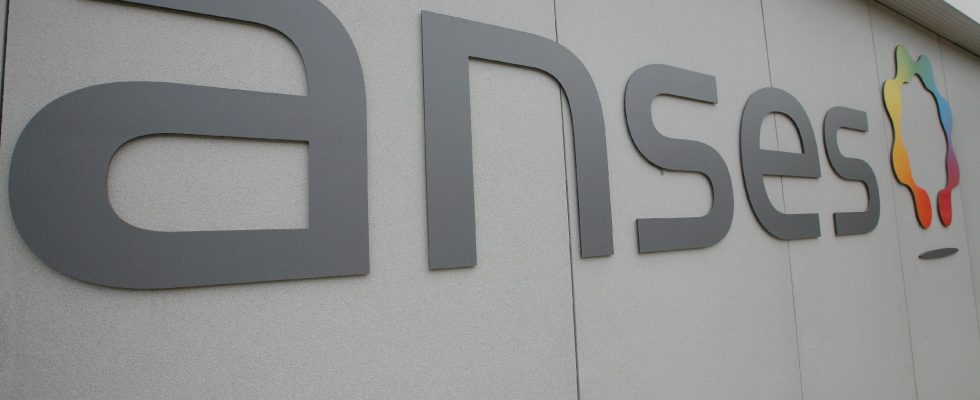It is a report that some would have liked to be discreet. However, it made a lot of noise. This Friday, March 10, the National Agency for Food, Environmental and Occupational Health Safety (ANSES) published the results of a vast internal reflection on the credibility of its scientific expertise, with the general public. . His conclusions: public opinion is beginning to doubt the relevance of his opinions.
Published without announcement, the report produced by a committee of independent experts was unearthed by the newspaper The world, and since then has not ceased to be talked about. In a rare exercise in self-criticism, the scientific council of the French institution concludes that its credibility has been threatened in recent years, in particular because of certain opinions, which appeared to be far from the realities of science.
“The gap between science and expertise is one of the most important factors in the erosion of credibility and ANSES does not always manage to reduce this tension”, noted in particular the experts, some thirty scientists, most of them outside the organization responsible for protecting “human and animal health”. The authors of the report thus call on the agency to reform its procedures in depth, to prevent the general public from becoming too skeptical of its future opinions.
In recent years, “the expertise produced by thehandles (and in some cases the experts who contributed to it) were challenged, even violently attacked, directly or through the media”, note the authors of the report, who conducted a series of internal hearings, as well as in research centers and the National Assembly Their analysis focused on three past case studies: glyphosate, neonicotinoids and SDHI fungicides.
Conclusions, which do not take enough account of science…
The report documents, among other things, the divergence of the conclusions of the agency, also called “French pesticide policeman”, with other scientific institutions. For example, on the issue of glyphosate, ANSES assesses the product used to weed much less dangerous than the National Institute for Health and Biomedical Research (Inserm), or the International Center for Research on Cancer (IARC), two reference institutions in the field.
“This situation could, if it is not carefully managed, threaten the credibility of the agency, in particular for the management of pesticide files and for the scheduled transfer of the evaluation of genetically modified organisms (GMOs), another very sensitive file. relating in particular to regulated products”, adds the working group, which says it has identified “three major tensions affecting scientific expertise”.
The first reveals “a gap” between the latest advances in science and the results of the expertise carried out by ANSES. The second refers to the urgency of issuing certain opinions, which “may lead to work being carried out that does not fully comply with the rules […] collective expertise”.
Better separate the different branches of ANSES
Finally, the third tension relates to the very framework of the missions devolved to ANSES, responsible not only for assessing the risks associated with certain products, but also for organizing the management of these risks. Hence “a lack of readability […] and transparency in terms of translating advice into management measures,” the working group said.
At the end of the work, the Scientific Board mandated by ANSES, made up of around thirty independent scientists, made four groups of recommendations: improve procedures, better clarify the decision-making process, intensify interactions with stakeholders and strengthen the separation of risk assessment and risk management within ANSES, to prevent those who measure the situation from also being those who remedy it.
Among the recommendations, there is in particular the fact of “promoting scientific diversity in the work, “using as much as necessary the format of hearings when specific expertise is required”, ensuring the regular renewal of the pool of experts, refining the treatment of links of interest or to strengthen the links between ANSES and research organisations.
